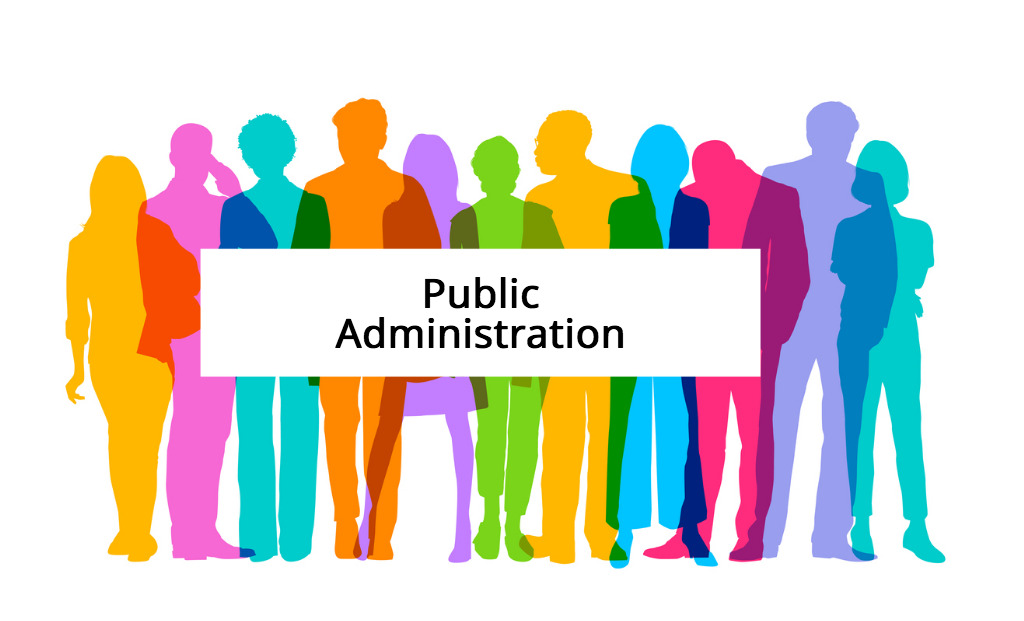Table of Contents
Public administration is a study from social science that deals with implementing public policies, managing, controlling, and management been major functions for the common good of society. Functions of public administration, can not be limited to formulating policies and initiating positive, economic, and social change because it also plays a major role in democracy. Public administrators are individuals trained and equipped with organizing and management, through this course syllabus for Public Administration. Not forgetting administrative knowledge to effectively execute duties and responsibilities across the public sector.
Therefore public administration involves carrying out public duties. Its an execution of public affairs through management, control, and direction to improve efficiency and service delivery. After studying public administration, students get equipped with various competencies, from policy implementation, financial accounting, strategic management, maintaining law and order, planning, organizing, and change management to effectively carry out a series of projects through cognitive thinking, bureaucratic principles, and sound judgment through different types of public administration. After pursuing these professional short courses in public administration, graduates will be able to analyze and evaluate the causes of many social, and economic problems. Another role of public administration is to create an enabling environment for stakeholders, uphold social values, protect citizens, and provision of viable solutions to problems.
Course Syllabus for Public Administration
People not familiar with why it’s of great importance to study public administration ask, subjects in public administration courses, course syllabus for public administration, and what can I become if I study public administration? Course syllabus for public administration shows available careers after studying public administration including the following functions: charity officers, public prosecutors, policy analysts, town clerks, social researchers, human resource manager, project managers, public consultants, relations managers, and environment managers.
Course syllabus in public administration: Accounting, management, planning, strategic management, public policy, administrative, organization functions, law, business, and ethics is part of the course syllabus for Public Administration
- Also Read: Types of Public administration
Here are the main subjects in public administration courses for the degree, diploma, and certificate students. If you’re going to study public administration, you will learn the main subjects in public administration in this article. Subjects will help you learn more about a career in public administration. Below is a course syllabus for public administration and a course outline.

30 Subjects in public administration and course outline for students
BS Public Administration subjects include;
- Introduction to Social Sciences
- Micro Economics
- Macro Economics
- Political Science
- Ethics in the public sector
- Introduction to Computer Science
- Entrepreneurship
- Organization Theory
- Government Administration
- Human Resource Management
- Qualitative and Quantitative Social Research Methods
- National Government
- Public Policy Analysis
- Development Administration
- Industrial Relations
- Organization Development
- Public Finance
- Administrative Law
- Employment and Labor Law
- Organization Development
- Public Management
- Program Evaluation
- Human Development
- Strategic Management
- Environmental Management
- Project Management
- Monitoring and Evaluation
- Comparative Administration
- Risk Management
- Business Corporate Communication
How many subjects are there in public administration? There are 30 courses in public administration if you intend to pursue a bachelor’s degree which takes between 4 – 5 years before graduating. A diploma only takes 2 years before completion, slightly less than a degree and the syllabus comprises 20 courses. Finally, a certificate in public administration only consists of 10 courses and takes between 6 months to 1 year to complete.
These courses, mainly teach students about their role in the public sector, following public sector rules and regulations, also the duties and importance of public administration, procedures, ethical dilemmas, etc. Gives insights into popular models of public administration by evaluating characteristics of bureaucracy. Learn about features of new public management and its importance to public administration. The new public management model helps students understand the importance of shifting from the traditional model of administration to a business-like model in the public sector. The Public Administration course outline also outlines key elements of new public management. Its been significantly noted New Public Management (NPM) model promotes an important paradigm shift good for efficiency and effectiveness in the public sector as seen in the course syllabus for Public Administration.
